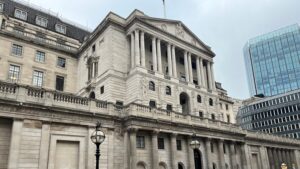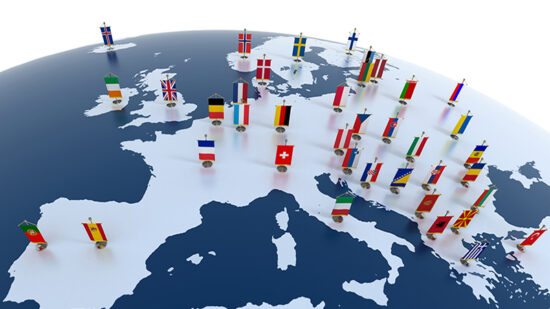While the Shanghai Composite has stayed on its downward trajectory – falling another 7.6% on 25 August – for the first time in 10 days the FTSE 100 regained ground, jumping 2.7% in morning trading, helped by news that China has cut interest rates by 25 basis points to 4.6%.
European markets have also exhibited signs of life, and, depending on how US markets fare upon opening, fears over China derailing the global recovery have put on the backburner.
But for Steven Bell, director of global macro at F&C Asset Management, the investor jitters were always misplaced.
“China is a relatively new market, and other markets are decoupling because they have realised that China is not going to tip the world into deflation,” he said.
“Europe is still recovering, and the US and UK are in rude health. It has been a long time since we have had a correction, so we were arguably due one. Also, people are very pessimistic on economic growth.”
Martin Gray, investment director at Coram Asset Management, also sees the recent sell-off as something of an overreaction.
“This happens whenever the world is uncertain,” he said. “Like Greece a few months ago, everything is now being blamed on China.
“In recent years we have seen some central banks implement some massive currency deflations which did not get very much headline news. Then China moves its currency peg 3-4%, and suddenly it is to blame for everything. That said, I expect that there will be more to come as everyone around them starts to devalue their own currencies.”
Simon Marsh, partner at Killik & Co, added: “Equity market corrections of 10% are not unusual in bull markets, and a similar pull-back in July 2011 proved to be nothing more than a short term set-back and a good buying opportunity.
“This current bout of nervousness feels very similar and while we should expect some heightened volatility over the next few months, importantly this doesn’t yet feel like the start of a more significant sell-off of the type seen with the bursting of the tech bubble in 2000, or the sub-prime crisis of 2007.
“Bear markets – falls of 20% or more – normally precede a recession, and whilst a China slowdown will undoubtedly prove a strong headwind for some sectors of the economy and clip growth in the West, on the current evidence we do not expect this to send us back into recession.”
Bell believes that with global markets looking ready to leave China behind the best opportunities can be found in both the US – despite bearishness over recent economic data – and particularly the eurozone, where he sees significant upside potential.







